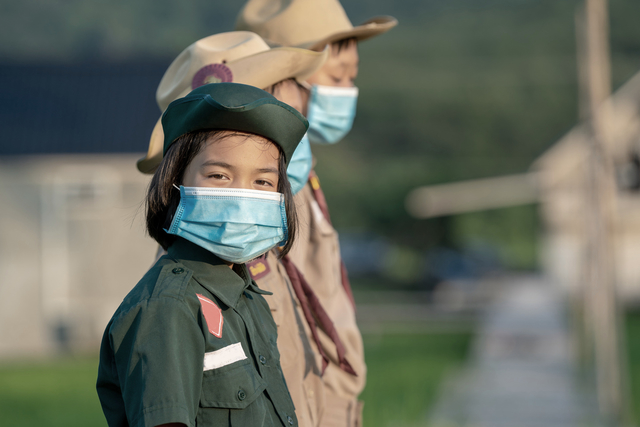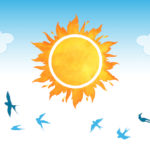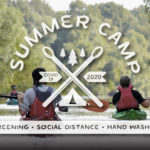Send your kids to camp with peace of mind: Safety guidelines to look for this summer

After this past year, it may be hard to remember what a “normal” summer feels like, but as communities reopen, reclaiming the “normal” summer experience can be a reality for your family.
We spoke with clinicians from Boston Children’s Primary Care Alliance about how to navigate camps and other summer activities as safety guidelines constantly evolve. The good news is that there is good news.
“Luckily, we have a whole year’s worth of experience, knowledge, and data about safe practices around things like summer camp,” says Dr. Brian DiGiovanni from Post Road Pediatrics.
Working from this data, the American Academy of Pediatrics (AAP) and the Centers for Disease Control and Prevention (CDC) are providing reassurance that children can safely participate in summer camps and other activities where proper precautions are being taken.
The suggested precautions aren’t anything new, Dr. DiGiovanni says.
They’re familiar concepts like requiring masks (except while eating, sleeping, or swimming), enforcing social distancing, and avoiding indoor activities. If the camp or class does take place inside, there should be as much ventilation as possible. “As masks become optional for vaccinated children, masks can continue to be worn if desired but, per CDC guidance, it is safe to go without a mask,” he explains. “Camps should support those who still wish to wear a mask, and campers should be mindful of mask requirements at area businesses.”
Dr. DiGiovanni suggests requesting a list of what your child’s camp or activity is doing to keep participants safe. These should include instituting cohorts — small groups of children and staff that stay together all day — and requiring campers and staff to be tested for COVID-19 before arrival. The AAP and CDC also recommend that all eligible staff be fully vaccinated two weeks before the start of a session.
Other simple-yet-important practices your child’s camp should have in place include:
- easy access to frequent handwashing
- regular cleaning and disinfecting of common surfaces
- minimal sharing of equipment, tools, and toys
- strategies in place that allow for children and staff to bring in their own meals.
- ample space for kids and staff to maintain 6 feet of distance while eating and drinking
Even with solid protocols in place, parents should provide as many tools as possible to keep their kids safe, says Kimberly Barrett, a physician assistant at Bridgewater Pediatrics.
“I often recommend individual hand sanitizers or wipes,” she says. “Wipes are an easy way to remove dirt from surfaces as well as hands.”
Barrett also suggests packing an extra mask or two in case one gets dirty or sweaty throughout the day. And consider putting a bottle of hand sanitizer and a spare mask on a lanyard around your child’s neck so they don’t lose them. If your child is attending overnight camp, pack enough masks to allow them to use at least two a day.
It’s also important to know what plans your camp or facility has in place should a participant or staff test positive for COVID-19.
“All organizations should have an Emergency Operations Plan (EOP), and all staff should be familiar with it,” says Dr. DiGiovanni. “The EOP should include clear steps they will take and how they will communicate them.”
While it may feel disheartening to remain so diligent during what should be a fun and relaxing time, Barrett assures her patients and families that they should have every opportunity to enjoy this summer to the fullest.
“I signed up my own children for a week of day camp,” she says. “I highly encourage signing up as soon as you can and consider asking about a scholarship if necessary.”
“Many kids missed out on camps last year,” Barrett adds. “So, I do hope that those who want to attend can this summer. It will be incredibly beneficial for them — both physically and mentally.”
Many Boston Children’s Primary Care Alliance practices offer guidance on navigating summer camp, including helping administer the COVID-19 vaccine in patients over the age of 12. Find a practice near you.
Related Posts :
-

Keep summer activities as safe as possible
As we move into a summer with COVID-19, many people are slowly venturing beyond their homes as businesses, beaches, and ...
-

Should you send your child to camp this summer?
Camp — or no camp — this summer? That’s the question facing many parents and caregivers right now as more ...
-

Camp Journey and a horse named Evan build Luca’s confidence
Until this summer, 8-year-old Luca Castellano had never been on a horse. But after participating in Camp Journey, a therapeutic ...
-

EEE: A worried parent's questions, answered
In the midst of the coronavirus outbreak, the last thing we want to think about is another virus. But now ...





